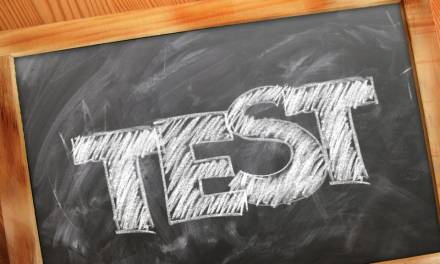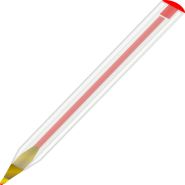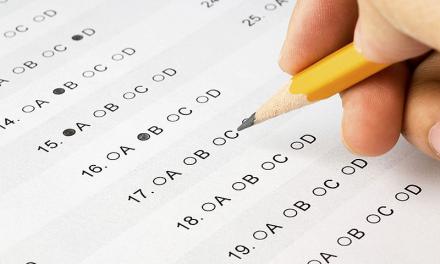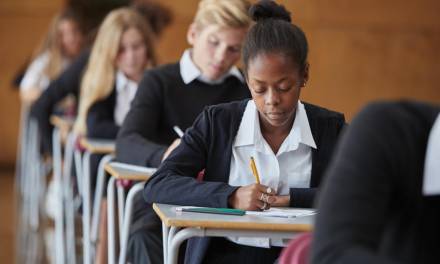Information is emerging about the methodology for awarding student grades for this academic year.
Grades look set to be informed by your current data and an element of student ranking within your subject. Grades will be moderated against prior KS2 data, prior school attainment data and national distribution of grades.
The process brings about many challenges – not least the threat of bias. But what should be taken into account to ensure a fair and justifiable approach.
What we know about the grading system
The ASCL has indicated that, once plausible grades have been extracted from mock and non-exam assessed results, teachers will need to:
Rank order the students within those grades, so that if the gradings need to be adjusted, then it is clear which pupils would be affected, in either direction. This is a difficult process and relies on teachers being fair and reasonable with their own pupils but also understanding the same process is being applied everywhere else.
The rankings enable teachers to demonstrate the confidence they have in the pupil achieving that grade. Many schools do this already to form predicted grades.
The exam boards can then make an informed decision about whether grades should be adjusted. Rankings across a cohort is likely to be difficult, especially when more than one teacher has responsibility for teaching a student.
Complications with the grading system
So that there aren’t biased nudges places on teachers when grading pupils, important counter arguments have been set to reduce the risk of inappropriate pressure:
- 2020 grades will not be used in any headline measure, inspections or school rankings
- Grades awarded should not be used in performance management
- Exam boards and Ofqual will moderate grades down if they feel grades are overly generous
- Overly inflated grades will distort the picture for current Year 10’s and Year 12’s who have missed out a large proportion of teaching time
How can EDLounge and EDArcade help?
By using EDLounge and EDArcade you have more access to pupil’s performance data, and can make a more informed decision on deciding which grade is suitable.
EDArcade provides a range of educational games covering a wide range of topics. This is ideal for you to identify areas of strengths and weaknesses, and engage the pupils in a fun and interesting manner.
All games are aimed at primary school pupils and some secondary school pupils. Subjects covered include Maths, English, Science and PSHE.
For more information and to browse EDArcade games click here.
To find out how we’re distributing some of revenue to charities, click here.
To order, call 01909 776 906.









